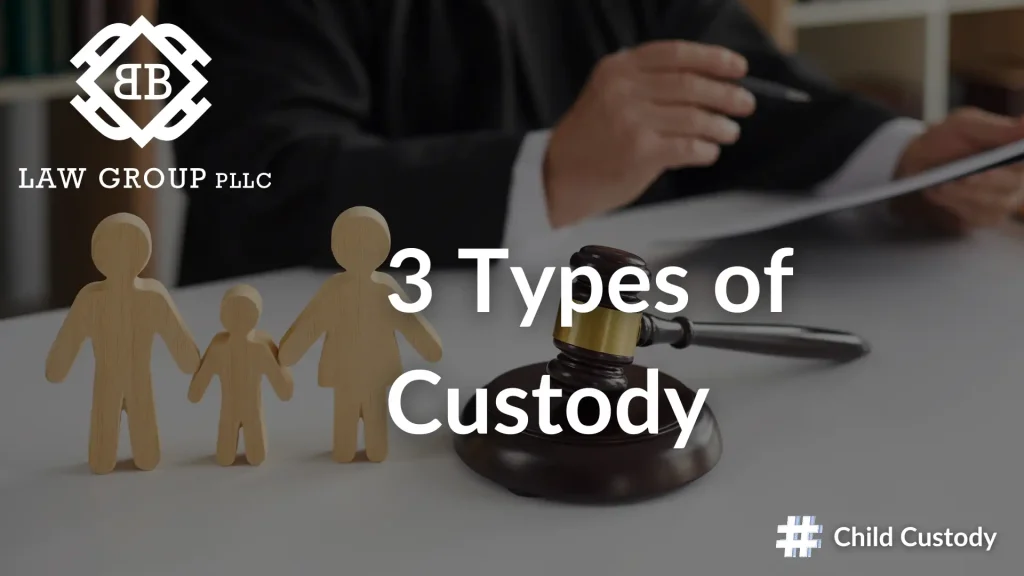When you find yourself at the crossroads of a separation or divorce, understanding the nuances of custody in Texas can make a significant difference in planning your and your children’s future. This guide will walk you through the three types of custody recognized under Texas law—sole custody, joint custody, and possessory custody—helping you grasp the conditions under which each is typically awarded and why. Each type has its own set of rules and implications that can significantly affect your family’s future.
Keep reading to dive deeper into the specifics of each custody type and how they might apply to your situation.
Sole Custody (Sole Managing Conservatorship)
In Texas, sole custody, also known as sole managing conservatorship, means one parent has exclusive legal and physical custody of the child. This arrangement grants that parent the authority to make significant decisions regarding the child’s life, including education, medical care, and moral upbringing, without the need to consult the other parent.
Courts usually award sole custody when one parent is deemed significantly more capable of providing a stable and healthy environment for the child. This might be the case if the other parent has a history of violence or substance abuse or has been largely absent from the child’s life. Opting for sole custody can be vital to safeguard your child’s welfare and ensure they have the best possible upbringing under challenging circumstances.
Joint Custody (Joint Managing Conservatorship)
Joint custody, or joint managing conservatorship, is more commonly awarded by Texas courts. This arrangement does not necessarily mean equal physical custody but rather an equal say in the critical decisions of the child’s life. In Texas, the presumption is that joint custody is in the best interest of the child, providing them with a balanced exposure to both parents.
This type of custody is favored when both parents are capable of cooperating and making decisions together that meet the best interests of the child. It’s essential to understand that even under joint custody, the child might primarily reside with one parent who is designated the primary custodial parent. The other parent typically receives a possession schedule, outlining their time with the child.
Possessory Custody
Possessory custody, often part of a joint managing conservatorship arrangement, pertains to the rights of the non-primary custodial parent. While one parent maintains the primary residence of the child, the possessory custodian will have rights to access and visitation as agreed upon between the parents, or as determined by the court in the absence of an agreement.
This type of custody ensures that the child maintains a relationship with both parents, which is crucial for their development and emotional well-being. It’s particularly common when parents live in different geographical areas or when work schedules and other commitments make a more balanced physical custody arrangement impractical.
Why Different Custody Arrangements Apply
Understanding why courts award these types of custody can help you anticipate the likely outcomes of your case. Generally, the overriding principle in any custody decision is the best interest of the child. Courts consider various factors including, but not limited to:
- The child’s age and physical and emotional needs
- Each parent’s stability
- The presence of siblings
- Any history of family violence or substance abuse.
How BB Law Group PLLC Can Help
Successfully making your way through the complexities of custody laws and court proceedings can be overwhelming. This is where the professionals at the BB Law Group PLLC steps in. With our deep understanding of Texas family law and a compassionate approach, we ensure that you are not only heard but also supported throughout the entire process. Our experienced team is dedicated to achieving a custody arrangement that protects your child’s best interests and supports your rights as a parent.
We provide personalized legal strategies tailored to your unique situation, whether you’re aiming for sole custody due to concerns about the other parent’s behavior, seeking a fair joint custody arrangement, or working out the specifics of possessory custody. Trust in BB Law Group PLLC to guide you with expertise and empathy. Reach out to us today online or by calling (832) 534-2589 to ensure that your rights and the well-being of your child are safeguarded during this pivotal time.

